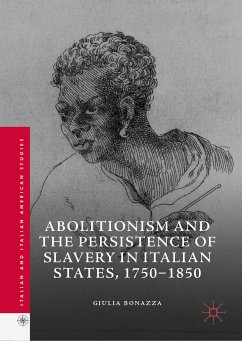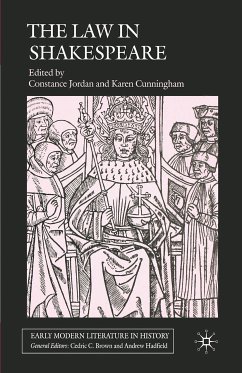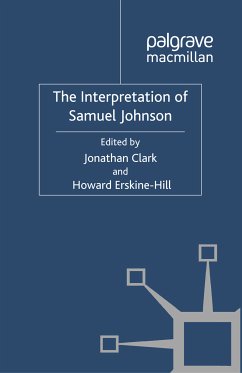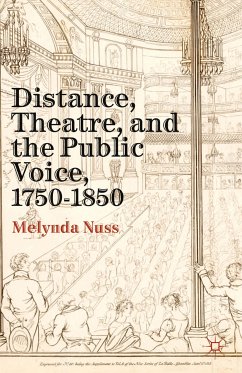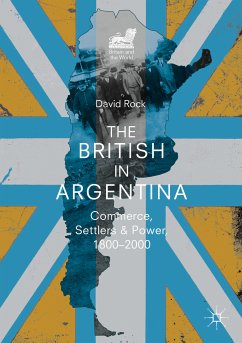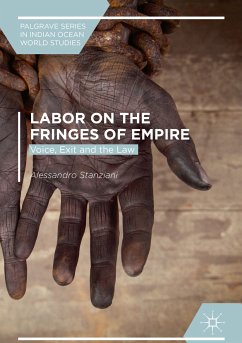
Granville Sharp's Uncovered Letter and the Zong Massacre (eBook, PDF)
Versandkostenfrei!
Sofort per Download lieferbar
48,95 €
inkl. MwSt.
Weitere Ausgaben:

PAYBACK Punkte
24 °P sammeln!
This book delineates the discovery of a previously unknown manuscript of a letter from Granville Sharp, the first British abolitionist, to the "Lords Commissioners of the Admiralty." In the letter, Sharp demands that the Admiralty bring murder charges against the crew of the Zong for forcing 132 enslaved Africans overboard to their deaths. Uncovered by Michelle Faubert at the British Library in 2015, the letter is reproduced here, accompanied by her examination of its provenance and significance for the history of slavery and abolition. As Faubert argues, the British Library manuscript is the ...
This book delineates the discovery of a previously unknown manuscript of a letter from Granville Sharp, the first British abolitionist, to the "Lords Commissioners of the Admiralty." In the letter, Sharp demands that the Admiralty bring murder charges against the crew of the Zong for forcing 132 enslaved Africans overboard to their deaths. Uncovered by Michelle Faubert at the British Library in 2015, the letter is reproduced here, accompanied by her examination of its provenance and significance for the history of slavery and abolition. As Faubert argues, the British Library manuscript is the only fair copy of Sharp's letter, and extraordinary evidence of Sharp's role in the abolition of slavery.
Dieser Download kann aus rechtlichen Gründen nur mit Rechnungsadresse in A, B, BG, CY, CZ, D, DK, EW, E, FIN, F, GR, HR, H, IRL, I, LT, L, LR, M, NL, PL, P, R, S, SLO, SK ausgeliefert werden.



